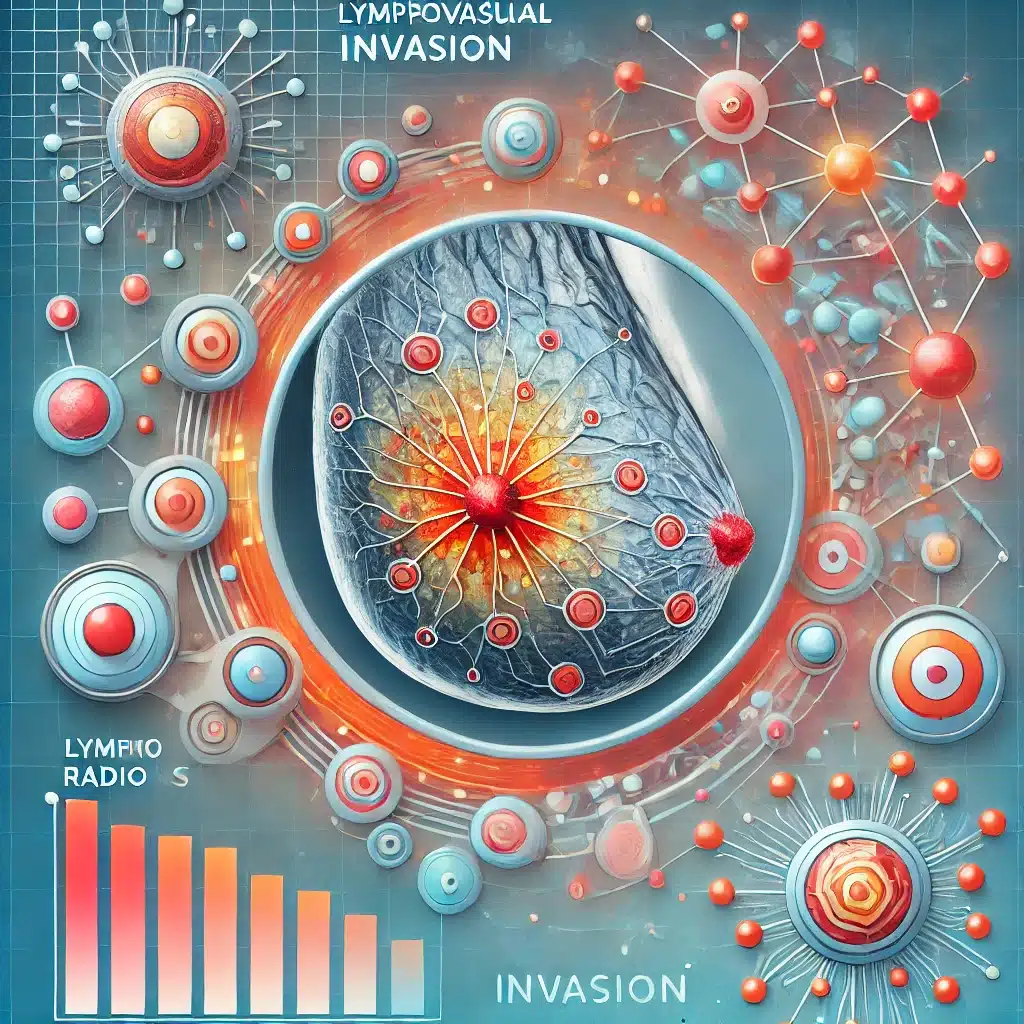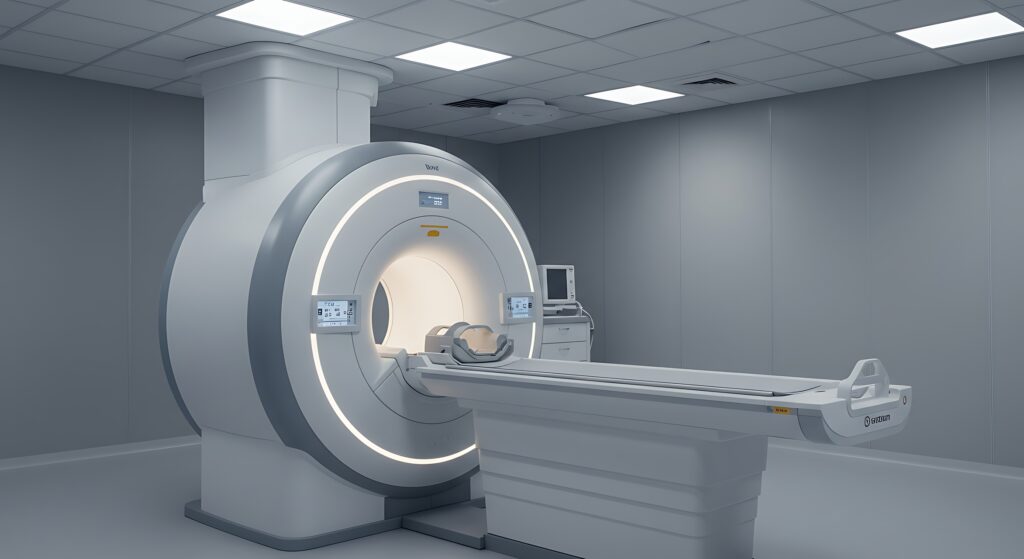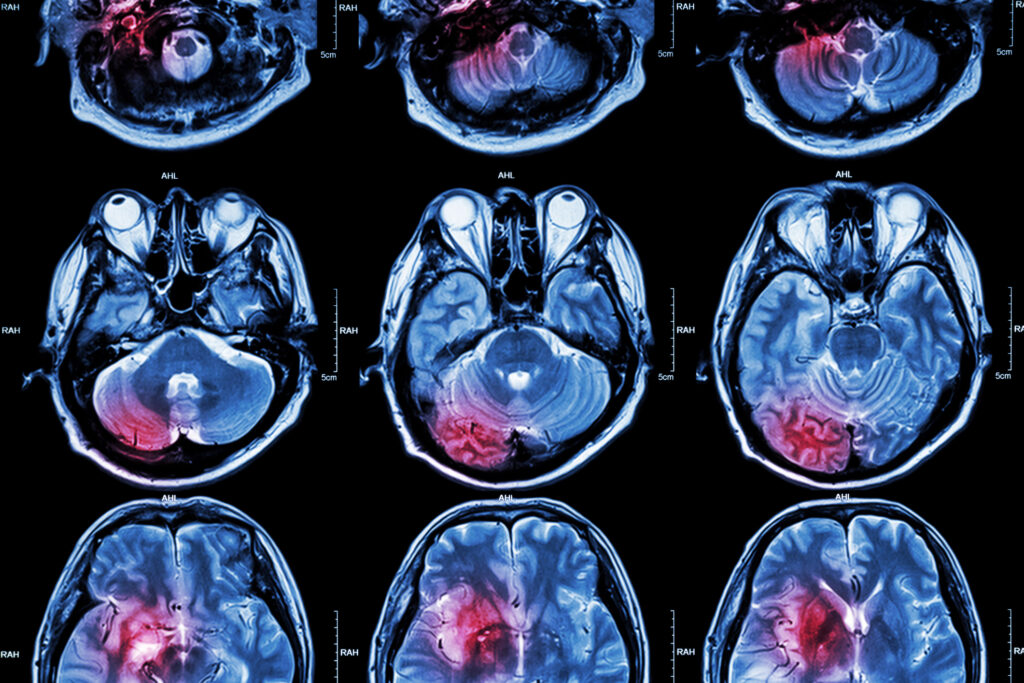Breast MRI
Magnetic Resonance Imaging (MRI) of the breast is a sophisticated diagnostic tool that plays a crucial role in the early detection and management of breast cancer. Unlike traditional mammography, which uses X-rays to visualise the breast, MRI employs a powerful magnetic field, radio waves, and a computer to produce detailed images of the breast tissue. This method is particularly beneficial for its high sensitivity in detecting abnormalities that other methods might miss.
Breast MRI is especially advantageous for certain groups of women. Those with dense breast tissue, for whom mammograms are less effective, as well as women with a high genetic risk of breast cancer, benefit greatly from MRI scans. The technology is adept at identifying small lesions and distinguishing between benign and malignant tissues, which is crucial for planning appropriate treatment strategies.
Moreover, MRI is invaluable in assessing the extent of cancer before surgery. It provides a clear picture of the size and spread of tumours, assisting doctors in deciding whether a lumpectomy or mastectomy is necessary. For women undergoing chemotherapy, MRI helps in monitoring the treatment’s effectiveness, allowing adjustments if the cancer does not respond as expected.
Even though it has benefits, breast MRI is not without limitations. It is more costly than other imaging techniques and can lead to false positives, where non-cancerous conditions are sometimes misinterpreted as cancerous. This can cause unnecessary anxiety and additional testing. Therefore, while breast MRI is a powerful tool in the fight against breast cancer, it is typically used in conjunction with other diagnostic methods to ensure the most accurate outcomes. This targeted approach helps in crafting the most effective treatment plans, ultimately improving patient survival rates and quality of life.
You are here:
home » Breast MRI



